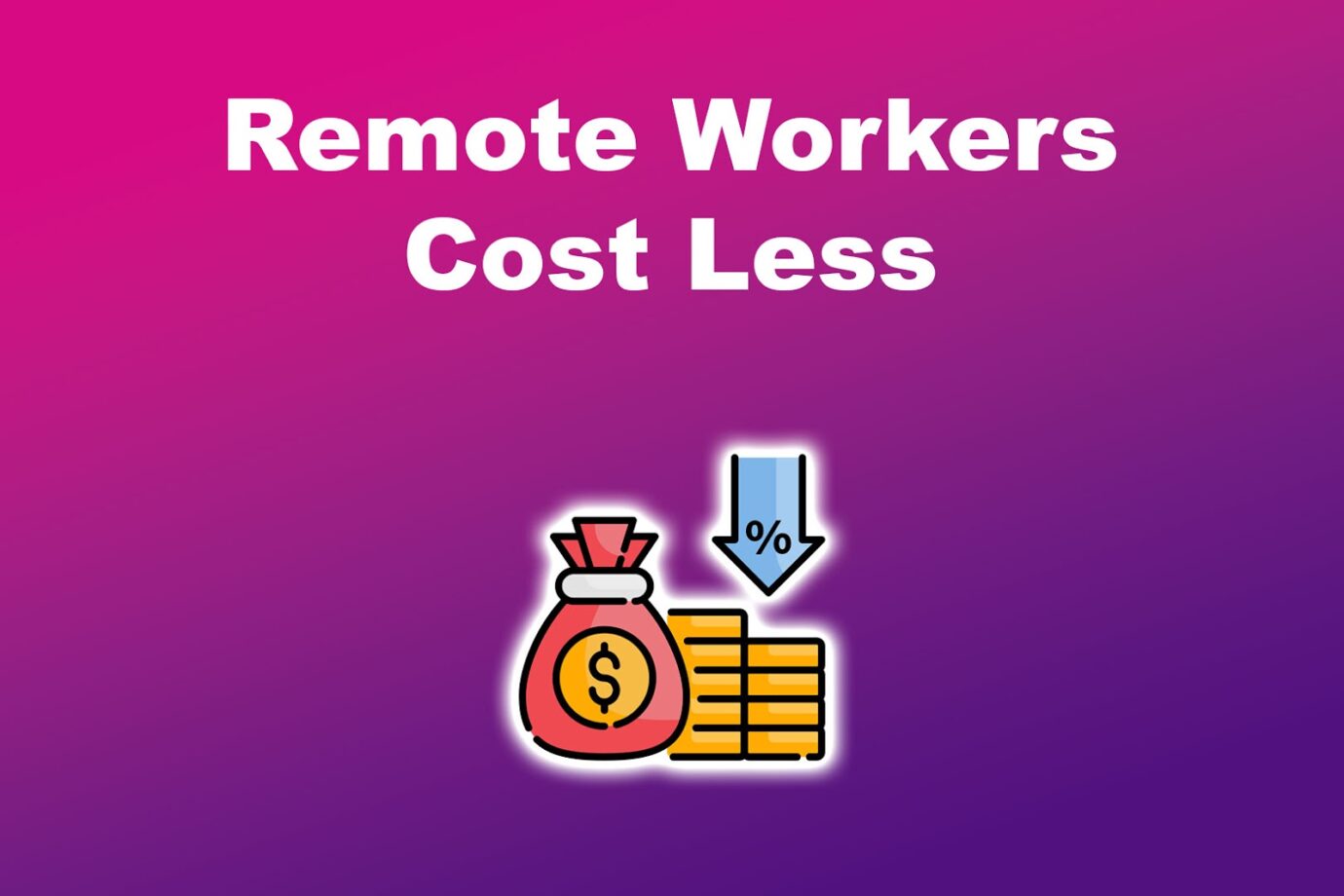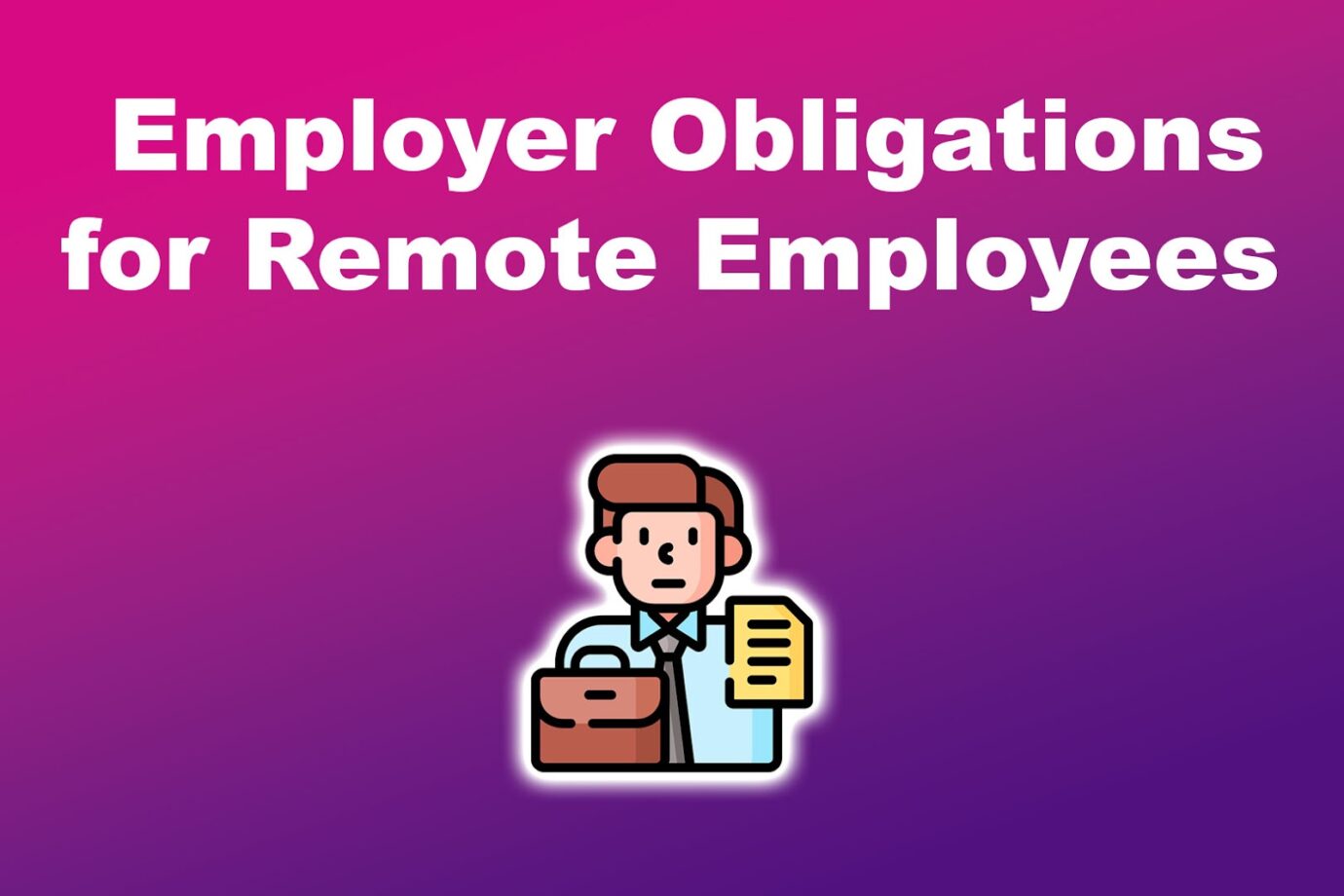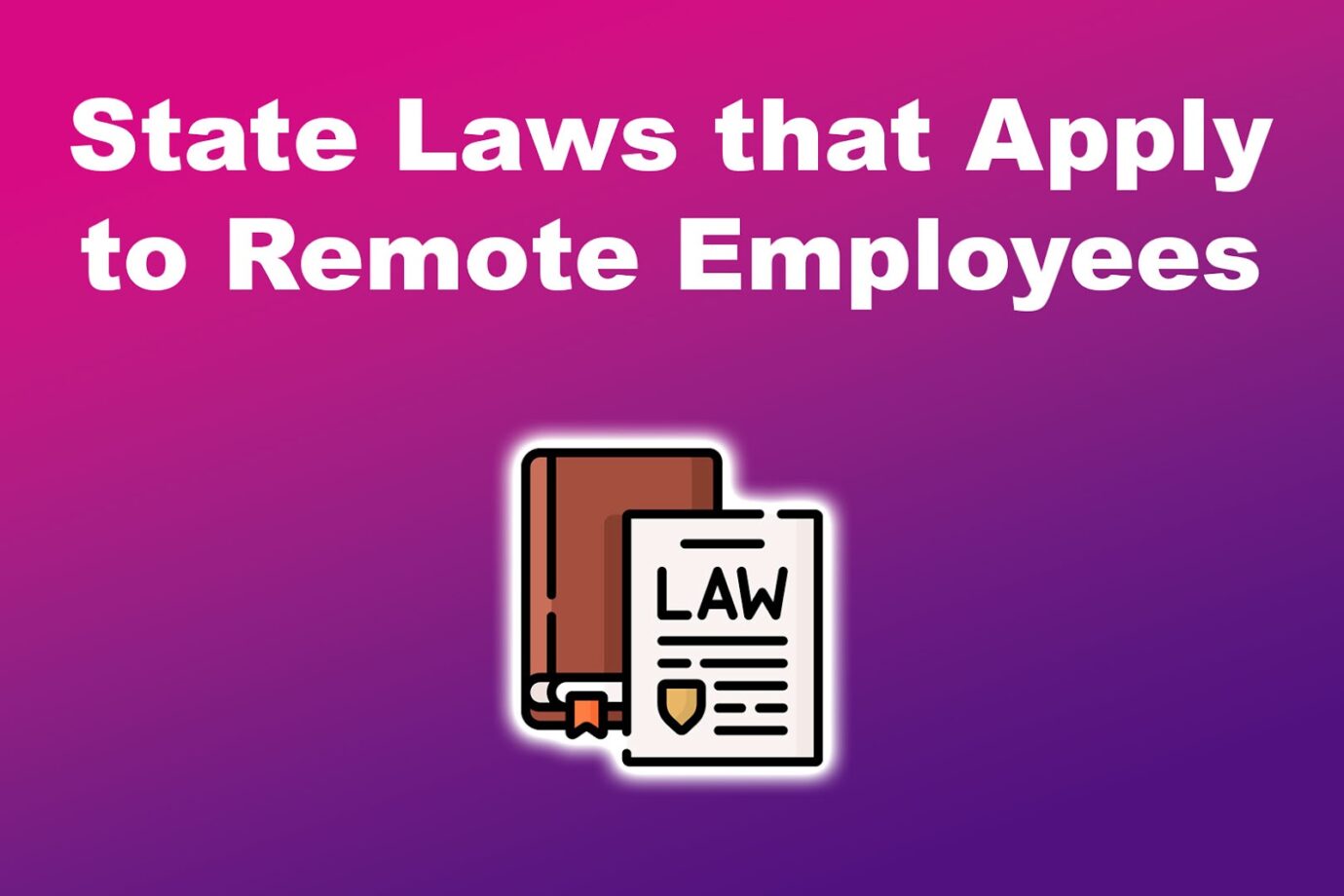In this age where remote work has become the norm, are you sure you’re compensating remote employees well?
Companies and businesses are now more open to allowing employees to work from anywhere globally. However, when hiring professionals from various countries, it can be confusing to determine whether their local labor laws will apply.

In addition, employers have obligations to remote employees. They need to ensure they’re meeting all their needs, such as the proper wage. Labor laws require companies to pay their employees the minimum or above minimum wage.
If you have remote employees and are unsure whether their country’s labor laws apply to your company, this article will provide all the information you need.
What Does Remote Work Mean?
Remote work means employees can work in any location. These locations can be their homes, coffee shops, or shared working spaces. Remote work removes the need for companies to provide a physical office or space for their employees.
This type of work setup has become common during the pandemic. The workforce has become flexible and increasingly mobile as they can work even while traveling. Collaboration has become dynamic as employees from various countries work on tasks and projects.
Employers can save up to $11,000 annually when they hire remote workers. Such savings come from reduced costs on office spaces, food, and other employee benefits.
Related Post: Maternity Leave for Remote Employees
What Is a Remote Salary?
Remote salary is the compensation remote employees receive from their employers. The amount remote workers receive may be based on their location or experience level. Different salary structures exist for remote employees, including single-market and location-based rates.
Here are some salary structures for remote workers:
- Single-Market Rates.
In this structure, the employee’s salary is based on the market rate of the employer’s location. - Location-Based.
Employers can base the minimum wage of remote workers on their company’s location and tie it up with local inflation. Others use this as a bargaining chip when employees request salary increases. - Same Pay as Office-Based.
With this pay structure, remote workers enjoy the same salary rate as office-based employees. The salary is not dependent on the individual’s location. - Market Value of Employee.
This structure depends on the level of professional skills a company seeks. Pay adjustments are made when an employee’s experience is rare and would bring value to the company.
Remote salaries are calculated based on the employer’s pay structure. It helps identify your company’s priorities when hiring remote workers. Once you’ve determined your priority, you can decide on the salary structure.
Did you know that Salary Setbacks Might Be A Reality For Some Remote Workers?
What Is the Minimum Wage for Remote Work
The minimum wage for remote work is $7.25, as the Fair Labor Standards Act (FLSA) mandates. The FLSA states that all workers should be paid at least the stated amount, whether salaried or hourly. If the employee’s location has its minimum wage law, whichever is higher shall apply.

Check out some of the remote jobs that pay well!
If you think your remote employees will need to work overtime, the U.S. Federal Labor laws also provide a rule. Remote workers must receive overtime compensation at 1.5 times their regular pay rate for any hours beyond 40 worked in a week. These rules apply to nonexempt workers.
Remember that the minimum wage for remote work may differ from state to state.
Minimum wage helps reduce disparity in compensation. It also allows laborers to avoid exploitation from unfair employers. As an employer, it’s essential to note minimum wages to prevent labor strikes and the like.
Most professionals prefer remote work today as it has given them flexibility while focusing on their careers. Remote workers are experts in their chosen niches, so hiring them benefits your business.
Here’s an article on Remote Work Statistics and Trends to better understand remote work and its associated wages.
Do Remote Workers Cost Less?
Yes, remote workers cost less than in-house employees because they help companies save short—and long-term costs. Remote workers have their work equipment, so companies only need to pay their wages instead of providing a workstation. This allows companies to allocate their funds to something profitable.

Here’s what you can save if you hire remote workers:
- Food Expenses.
Food and refreshments may be provided to employees during meetings when conducting work in person. Some companies also offer pantry or cafeteria food. With remote workers, you won’t have to spend money on these. - Office Supplies.
Working onsite means you have to provide employees with office equipment and supplies. With remote workers, you can give them an allowance for such needs. Since this is not mandatory, you can avoid spending on these factors. - Taxes.
Your company’s property, sales, and payroll taxes may be reduced if you hire remote workers.
If you’re a remote worker, knowing whether income tax is based on where you live or work is important. - Security Costs.
Your office premises should be secure with a physical location as most of your company’s confidential information is stored there. You need to hire guards to achieve this.
Whereas, if you have remote workers, you’ll only need to pay for software that safeguards confidential data. - Utilities and Rent.
You won’t have to rent office spaces and pay for utilities if you have a remote workforce. - Relocation Costs.
Some companies pay for key employees to work on another site. If your company allows remote work, you won’t have to spend money on this. - Cleaning Services.
An office space requires cleanliness. With remote employees, you won’t have to spend money on janitorial services to clean the office.
Employers are encouraged to switch to a remote work environment, as it is currently the best option for addressing the difficulties brought on by unexpected global crises. Some companies have proven they can save money by shifting their employees to remote work.
Find out how much you can save by outsourcing tasks to remote workers here.
Employer Obligations for Remote Employees
Employers have multiple obligations for remote employees, similar to those for office-based ones. Knowing your obligations ensures that your company is compliant with applicable labor laws and provides a healthy relationship with employees.

Here are some employer obligations for remote employees:
- Provide Equipment.
Employers may provide employees with equipment such as devices for the job. This is optional, though. If you have a tight budget, you can hire remote workers with existing personal devices. But you must provide them with the necessary software to finish their tasks. - Reimburse Job-Related Expenses.
Some states require companies to reimburse employee expenses that are in the scope of their work. Complying is mandatory in this case. If you don’t want to do this and the law does not require it, you can align with your employees before hiring them. - Monitor Compliance.
This includes checking if your employees are out of state, maintaining a robust remote work policy, and consulting insurance services for out-of-territory coverage. Checking compliance is also where the minimum wage for remote work comes in.
Other obligations will depend on your company’s vision and mission and the industry to which your company belongs.
Find out how to pay remote workers here.
Which State Law Applies to Remote Employees?
Several state laws apply to remote employees. We’ll tackle the most common and widely used ones.

Here are some state laws that apply to remote employees:
- Minimum Wage.
You must comply with minimum wage requirements for remote workers based on location. A federal minimum wage is outlined in the FLSA for employees. - Overtime Pay.
A nonexempt worker is eligible for overtime pay if they work more than 40 hours weekly. - Hours Employees Worked.
This refers to the hours an employee is required to be on duty. Remote workers are included in this as they also complete their work while on duty in their preferred workplace. - Payment.
State law dictates how frequently an employee should be paid and what details must appear on their pay stub. This varies from state to state.
You should also consider data privacy laws, health and safety, and business expenses.
Looking for a job? These are some of the easy-to-get remote jobs that you can apply for.
Switch to Remote Work Responsibly
Now that we’ve established the minimum wage associated with remote work, it’s time to switch to a remote work environment! If you already implement this, don’t forget to check your compliance occasionally.
Employers are obliged to provide remote employees with lawful wages and benefits. This way, employee satisfaction can be consistent even though you don’t see each other in person.